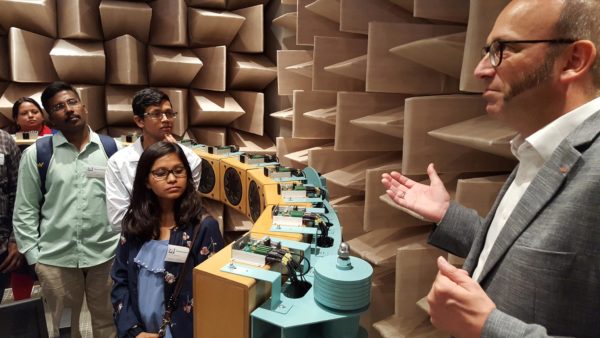
Source: Medizinische Hochschule Hannover
Medizinische Hochschule Hannover (MHH) – more commonly known as Hannover Medical College – is situated in the beautiful state of Hannover and has a strong reputation for being one of Germany’s most distinguished medical schools. Established in 1965, it is an esteemed institution with noteworthy educational and clinical credentials.
Why is it good to study here?
The Hannover Medical School is renowned for its exceptional education, research and health care. This German medical university is dedicated to providing interdisciplinary, practical education through academic study and scientific research. At the cutting-edge Skills Lab Hannover (SkilLaH), hopeful medical professionals hone their skills in a range of treatments.
Fees & Scholarship options
International students are required to pay € 359.61 every semester. There are no scholarships available for medical studies.
Eligibility and Duration
The university requires a German language certificate with a proficiency level of A/A+ for all courses and exams in the fields of medicine or dentistry. The duration of the course is 6 years. Students are also required to have excellent academic credentials in science and math.
Courses offered & admission process
This medical university in Germany offers courses in the following fields:
- Medicine
- Dentistry
- Midwifery
- Biochemistry
- Biomedicine
- Biomedical Data Sciences
- European Master of Science in Midwifery
- Infectious Diseases and One Health (IDOH)
- Public Health
Non-EU student can apply through the central application agency UNI-ASSIST.
University 9: Friedrich-Alexander-Universität Erlangen-Nürnberg

Source: FAU Erlangen Nürnberg
Founded in 1743, FAU Erlangen-Nürnberg is one of the largest research universities in Germany. The university has campuses in three cities – Erlangen, Fürth, and Nürnberg. The Faculty of Medicine is located in Erlangen and is known for its excellence in research and teaching and its commitment to international exchange.
Why is it good to study here?
Medicine programs at FAU Erlangen-Nürnberg are designed to give students the knowledge and skills they need to become successful physicians, such as diagnostics and treatment of medical conditions. Additionally, it emphasizes the importance of health promotion, disease prevention, and rehabilitation care.
Fees & Scholarship options
Although the FAU is a public university, students are required to pay €72 as semester fees.
Eligibility and Duration
The programme duration is 12 semesters or 6 years. The eligibility criteria are:
- Medical university in Germany entrance qualification
- German language proficiency (DSH level 2, CEFR level C1, as per DSH exam. regulations)
Courses offered & admission process
Students can apply online. The courses offered include
- Molecular Medicine, BSc
- Molecular Medicine, MSc
- Medical Process Management, MSc
- Logopedics, BSc
- Advanced ImmunoMedicine, Ph.D.
- Midwifery Science, B.Sc.

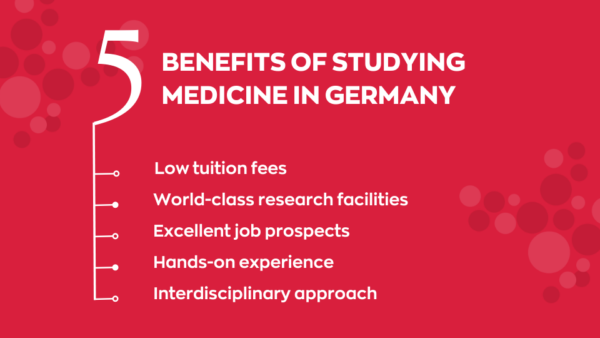

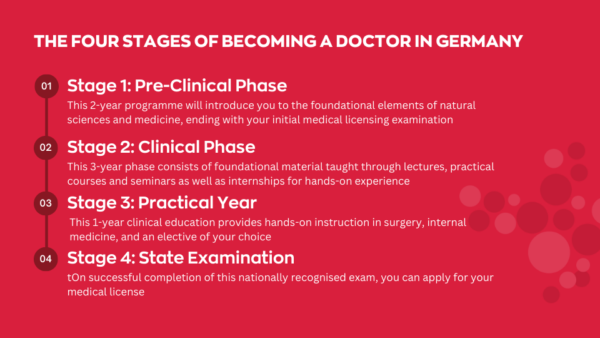


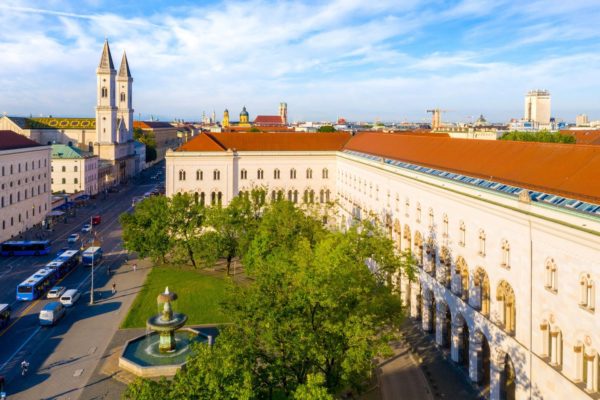

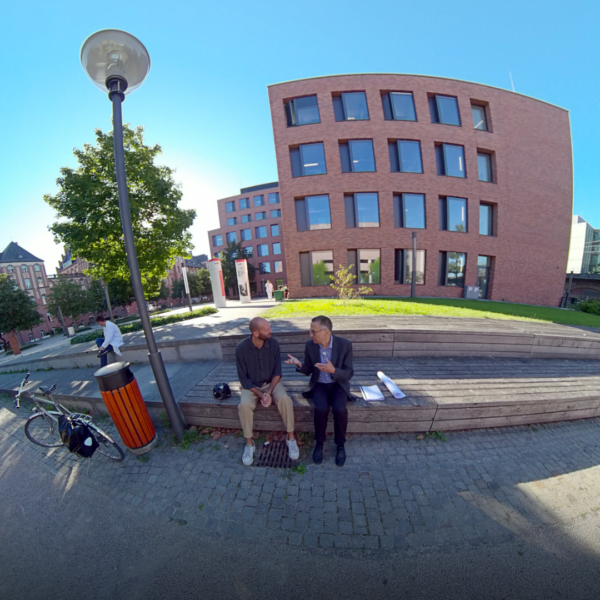

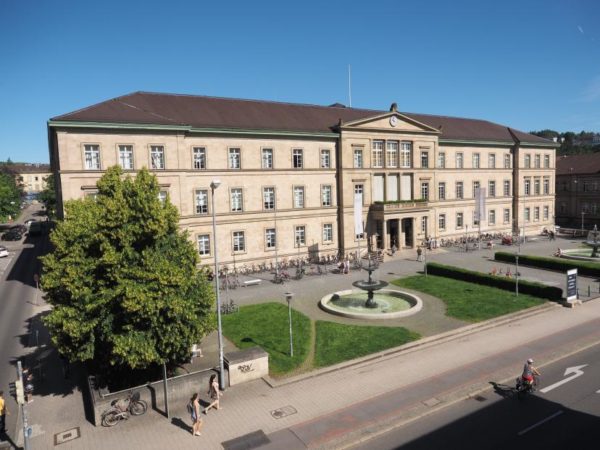



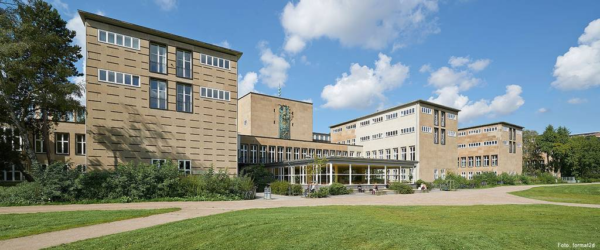







![Best Universities in New Zealand for International Students [2025 Rankings]](https://tcglobal.com/wp-content/uploads/2025/09/Best-Universities-in-New-Zealand-for-International-Students-2025-Rankings-600x338.png)